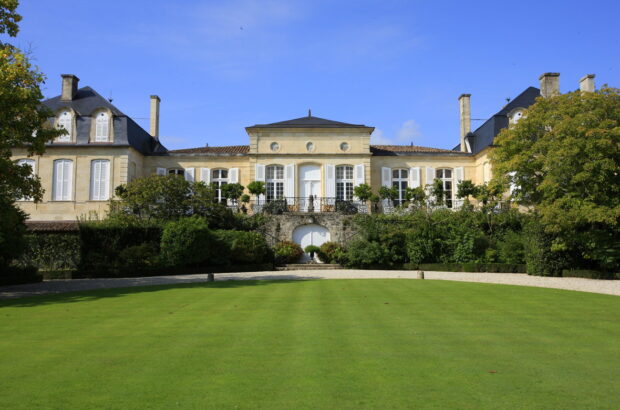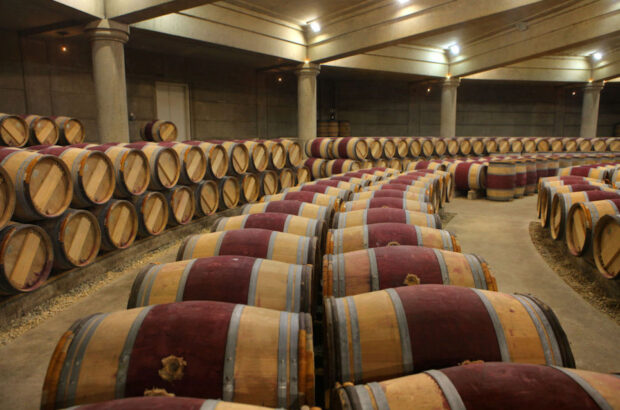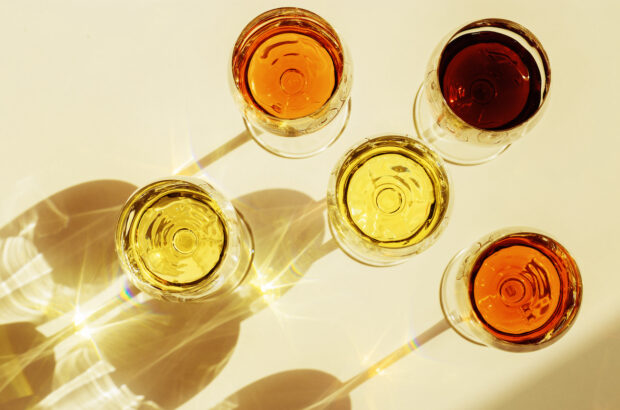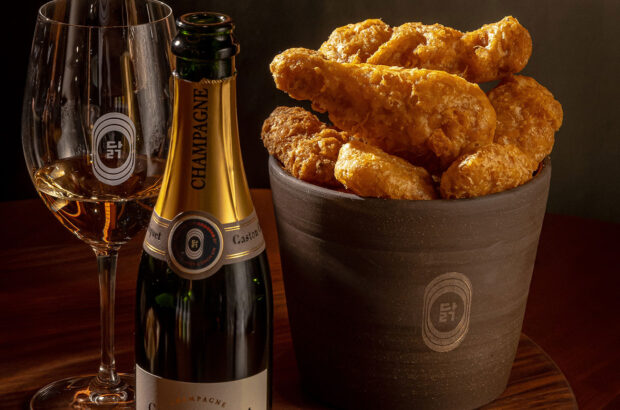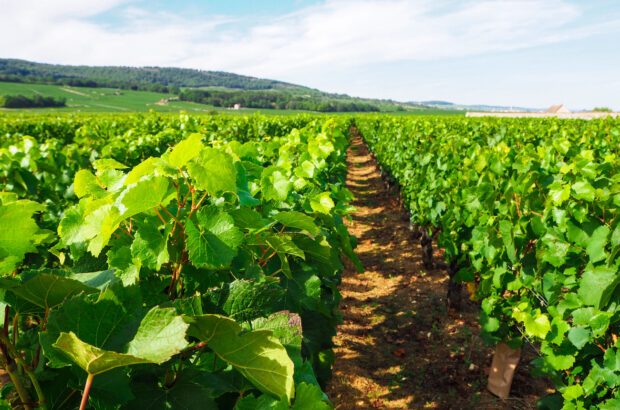The Decanter Fine Wine Encounter NYC Louis Roederer Masterclass will showcase some of Lécaillon’s most recent cuvées, including the stunning and storied 2002 and 2008 Cristal and the 2012 Cristal Rosé, Collection 243, Roederer’s new multi-vintage cuvée, and other selections from the house. These wines are the best of the best from the Lécaillon, Roederer era.
Lécaillon has had an illustrious career, having worked for Roederer since 1989, becoming Champagne’s youngest chef de cave. Still, he has also spent time at some of Roederer’s other owned properties in Tasmania and in Anderson Valley, California, at Roederer Estate. His working wine travels proved fruitful, as they helped inform how he operates the house of Champagne Louis Roederer.
One of the hallmarks of Lécaillon’s tenure has been the emphasis on biodynamic and organic farming practices and the overall health of the vineyard those practices impart. Many of Roederer’s vineyard holdings are farmed this way, which is quite a departure for a large Champagne house. It is now the largest biodynamic producer of all the grandes marques.
Lécaillon was a staunch advocate for the viticultural side of things, desiring to oversee the activities in the winery and the vineyard to ensure a holistic approach. Upper management quickly agreed, especially since Lécaillon’s university degree from École Nationale Supérieure d’Agronomie in Montpellier, France was in viticulture and oenology.
What’s your favourite thing about New York, and why do you think it’s a great wine town?
The overflowing energy in New York is palpable in any activity, and wine is no exception. Like a performing artist, an ambitious wine producer needs the recognition of the community and must ‘make it there, to make it everywhere’. New York will always be New York, unique and exciting. It’s a joy to be here and share the wines of Louis Roederer with passionate wine lovers.
What excites you about Champagne?
It’s both our ability and obligation as producers to invent tomorrow’s Champagne; today.
How did you start at Roederer and in the world of Champagne?
Organically! I was born in Reims and, later in my education, went to study at the University of Montpellier. I graduated in viticulture and winemaking and was the valedictorian of my class. In 1989, I applied with Louis Roederer and received an offer from then CEO Jean-Claude Rouzaud, which I gladly accepted.
What does Roederer do to stand out from other grandes marques?
We want to consider ourselves the best of both worlds: passionate growers and forward-looking winemakers. The world has never been so passionate about sparkling wine, particularly Champagne.
What is Roederer doing to deal with an ever-changing climate?
We are returning to our roots as a passionate stewards of our land while relentlessly reinventing viticulture and winemaking. Roederer is a pioneer of organic viticulture in Champagne and a constant researcher of cutting-edge winemaking.
What does the future of Champagne look like to you?
The future looks bright. The Champagne region is one of the beneficiaries of climate change. We have better and more constant maturity in the grapes over the years, allowing higher quality still wine before blending. From a worldwide market standpoint, Champagne is no longer simply a wine of celebration but has acquired a new status as a (grand) vin for any occasion and every day.
Essential information
Decanter Fine Wine Encounter NYC
Date: Saturday 10 June 2023 from 11am to 5pm.
Location: Bay Room at Manhatta, 28 Liberty Street, 60th Floor,
New York, NY 10005
Price: Grand Tasting tickets from $225 + sales tax (Save with Group tickets) | Masterclass tickets from $245
Last remaining tickets



